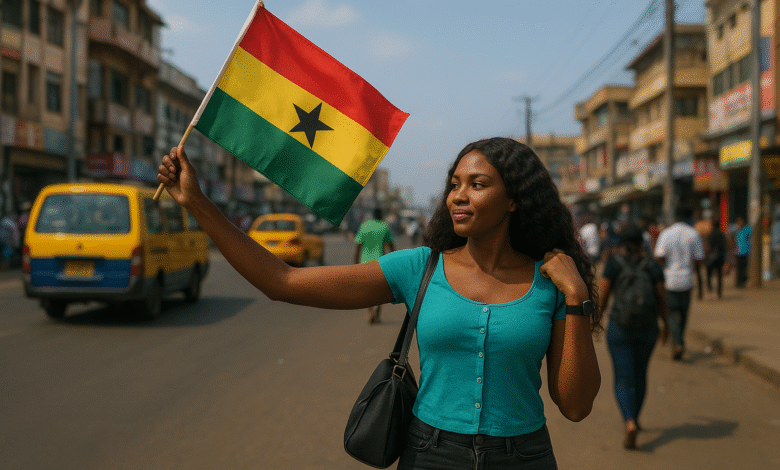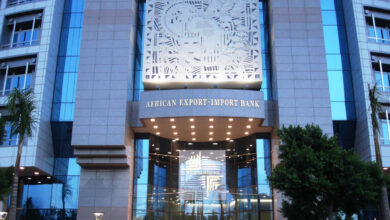Ghana’s ‘Gateway’ Ambition Collides With Harsh Cost of Living Reality

Ghana has long branded itself as the ‘Gateway to Africa,’ an ambitious hub for aviation, petroleum products, finance, and trade. Successive governments have sold this narrative to investors and development partners, positioning Accra as the natural entry point for global business into the continent.
Yet for many living within the so-called gateway, the price of entry is becoming unbearable. A recent social media post by a Nigerian visitor captured the sentiment bluntly: “Everything here costs three times Nigeria’s own. Ghana too expensive, abeg.” Her words echo a growing chorus of frustration from both citizens and non-Ghanaians alike.
The numbers tell their own story. Ghana’s daily minimum wage currently stands at GH¢18.15 (about US$1.20 at prevailing rates), translating to just above GH¢500 a month for a full-time worker. Pensioners fare no better, with many relying on modest monthly stipends that often do not exceed GH¢400–GH¢600—barely enough to cover rent, utilities, and food in urban areas.
This already fragile reality is compounded by inflation, which until very recently has been consistently high in the double digits. Food inflation, in particular, has eroded disposable incomes, with the price of basic staples rising faster than wages or pensions. Add to this the volatility of the cedi regularly losing ground against major trading currencies like the US dollar and the cost of imported goods from fuel to medicine becomes punishing.
The contradiction is stark. Ghana seeks to be a hub for international airlines, a distribution centre for petroleum products, and a financial services leader. Yet, the economic climate leaves its own citizens struggling to make ends meet, businesses squeezed by high operating costs, and foreign visitors shocked at how expensive the country has become compared to its neighbours.
While Ghana’s stability and infrastructure make it attractive for investors, the cost of living crisis threatens to undermine its competitive edge. For the average Ghanaian, the gateway imagery feels hollow: a country branding itself as the doorway to Africa, while the reality for many is a gate they cannot afford to open.




